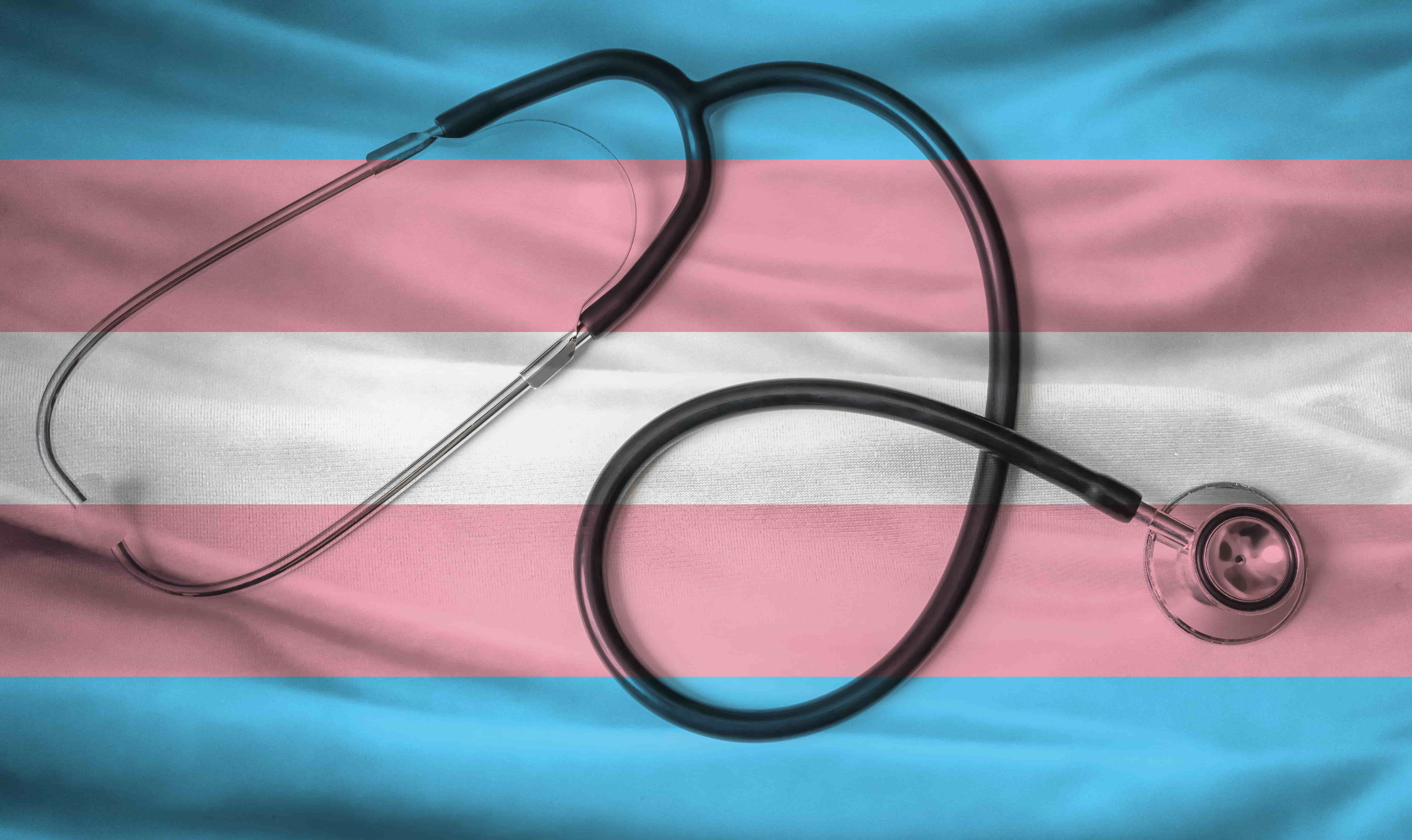Judge Blocks Montana Law Limiting Gender Marker Changes
Lawmakers had required transgender people to undergo "a surgical procedure" to amend the gender marker on their birth certificates.

A Montana judge has blocked a law prohibiting transgender people from changing the gender marker on their birth certificates unless they have undergone a “surgical procedure.”
Last week, District Judge Michael Moses of Billings ruled that the law is unconstitutional because it is overly vague. The bill, which was approved by lawmakers and signed into law by Gov. Greg Gianforte last year, requires people seeking to amend the gender marker on their birth certificate to undergo a “surgical procedure” but is vague about what type of surgical procedure they must obtain.
The law also requires transgender individuals to obtain a court order attesting to the fact that they’ve undergone surgery of some type, and submit it to the Department of Public Health and Human Services, which would then “certify” the gender transition and allow the birth certificate to be amended.
Because he could grant a temporary injunction based on the vagueness issue alone, Moses said he did not have to further examine the constitutionality of other aspects of the law, and issued an injunction prohibiting the state from seeking to enforce the law until the case has been fully resolved in the courts.
“Plaintiffs provided unrebutted evidence describing that neither gender-affirming surgery nor any other medical treatment that a transgender person undergoes changes that person’s sex,” Moses wrote, according to the Associated Press. “Instead, gender-affirming surgery aligns a person’s body and lived-in experience with the person’s gender identity, which already exists.”
Last July, a transgender man and women filed a lawsuit challenging the new law, arguing that the state is not qualified to recommend specific medical procedures — which can be expensive and medically unnecessary — to obtain before changing their gender marker.
They also argued that the law’s provisions blocking them from obtaining documents that match their gender identity place them at risk of danger from people who may wish to retaliate against transgender individuals, and that cisgender Montanans can make changes their birth certificate without undergoing surgery.
For example, one plaintiff, Amelia Marquez, who has already undergone hormone therapy and legally changed her name, said that not having a birth certificate places her at higher risk of being publicly shamed or embarrassed, discriminated against, harassed, or even threatened with violence in situations where she must provide a birth certificate that does not match her gender expression.
The law is one of several measures that have been approved in Republican-controlled states to restrict the freedoms and rights of transgender individuals as they gain more visibility in culture and society.
Accordingly, because many Americans are uninformed about transgender issues or made uncomfortable by gender-nonconformity, some conservative lawmakers have seized on transgender rights as a politically salient wedge issue that they believe will benefit them in this year’s upcoming midterm elections.
The transgender plaintiffs also noted that, prior to the law’s passage, and under the administration of Montana’s former Democratic Governor Steve Bullock, transgender individuals seeking to amend the gender marker on their birth certificate only needed to provide an affidavit to the Department of Public Health and Human Services.
But Republicans balked at the Bullock policy, arguing the department had overstepped its authority by changing the designation on birth certificates from “sex” to “gender.”
“We are thrilled that the court recognized the substantial and unnecessary burdens this law places upon transgender individuals in violation of their constitutional rights,” Akilah Lane, a staff attorney at the ACLU of Montana, said in a statement.
Support Metro Weekly’s Journalism
These are challenging times for news organizations. And yet it’s crucial we stay active and provide vital resources and information to both our local readers and the world. So won’t you please take a moment and consider supporting Metro Weekly with a membership? For as little as $5 a month, you can help ensure Metro Weekly magazine and MetroWeekly.com remain free, viable resources as we provide the best, most diverse, culturally-resonant LGBTQ coverage in both the D.C. region and around the world. Memberships come with exclusive perks and discounts, your own personal digital delivery of each week’s magazine (and an archive), access to our Member's Lounge when it launches this fall, and exclusive members-only items like Metro Weekly Membership Mugs and Tote Bags! Check out all our membership levels here and please join us today!































You must be logged in to post a comment.